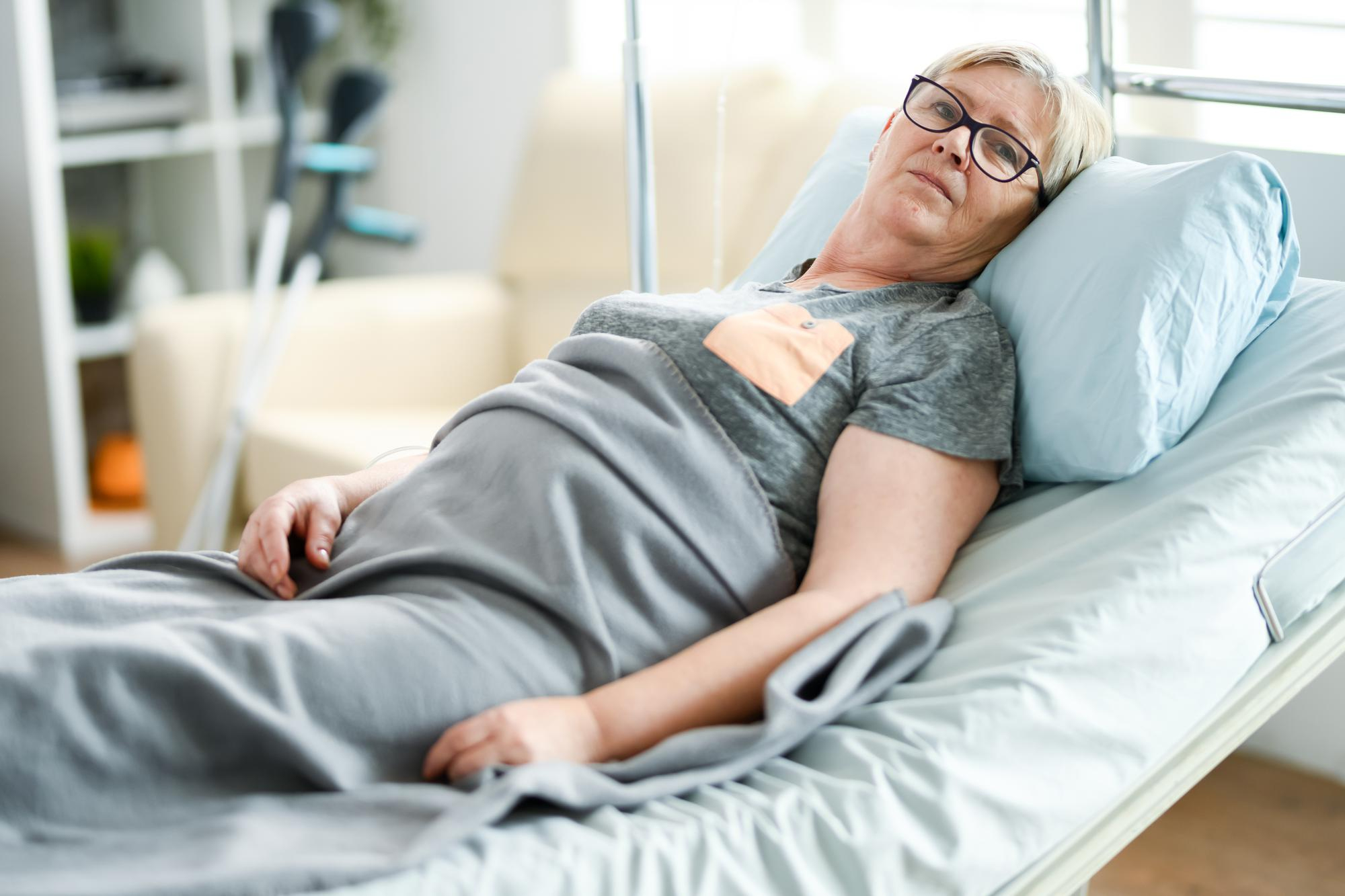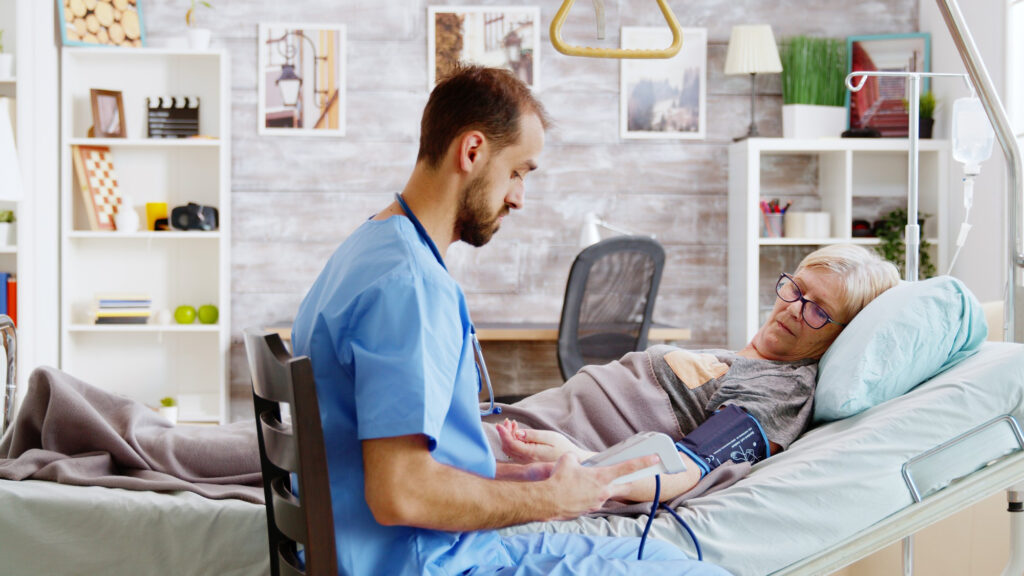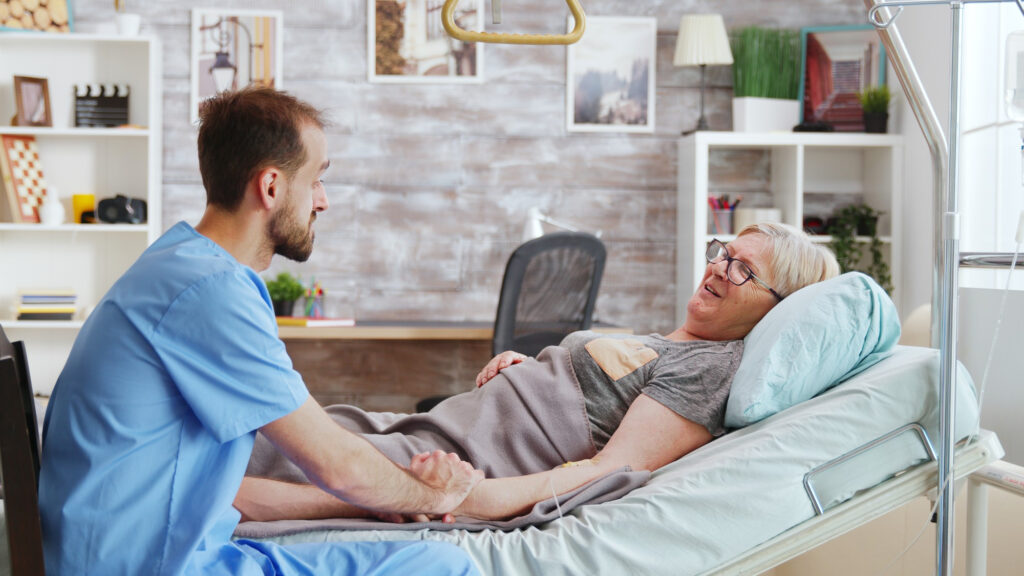Do ovarian cysts disappear with an injection?
Think of this – after a quick check-up, your physician informs you that you have an ovarian cyst! Your head may be already racing with anxiety: Is it risky? Do I need surgery? Is there a less painful solution? This is where the discussion of therapeutic injections for ovarian cysts enters. Everyone has so much of hype regarding these injections, but do they truly work in clearing up cysts without any complications? Or by just a solution. Are they temporary and then the effects do away after a time period? In this article, we’ll cover all the aspects of therapeutic injections: how it works, whom can you get it from, and whether it is indeed effective or is it temporary?
What is an ovarian cyst and why would it occur?
- What does an ovarian cyst do to your body?
An ovarian cyst is a fluid-filled sac that occurs within or on an ovary. The majority of women will develop ovarian cysts at some point in their lifetime, but maybe not all of them are harmful. Some resolve on their own without treatment, and some must be treated.
- Are all cysts harmful?
The good news is that most ovarian cysts are benign and might even disappear by themselves without even knowing it. But there are some cysts that will develop, pain, or even lead to issues like infertility.
- The function of hormones in ovarian cyst formation
Most of the cysts on the ovaries have resulted from hormonal imbalance. For instance, if your body does not ovulate, then the cysts are on their own to grow. Another wonderful cause of many cysts growing on the ovaries is polycystic ovary syndrome (PCOS).
Therapeutic injections: savior or short-term painkiller?
- What do injections do to kill off ovarian cysts?
Therapeutic injections work primarily through the process of changing the hormone level in the body. Some ampoules induce ovulation, while others inhibit the hypergrowth of the follicles (which form cysts).
- To whom can these injections be given?
Therapeutic injections are prescribed in the following women usually:
- Those with functional cysts (cysts due to ovulation).
- Women diagnosed by a physician don’t need surgery.
- Women with irregular menses due to endocrine disorders.
- Is the treatment suitable for every woman?
No, unfortunately! Hormonal therapy is ideal for some, but cysts are more recalcitrant in others and need other treatment, such as oral medication or even surgery.
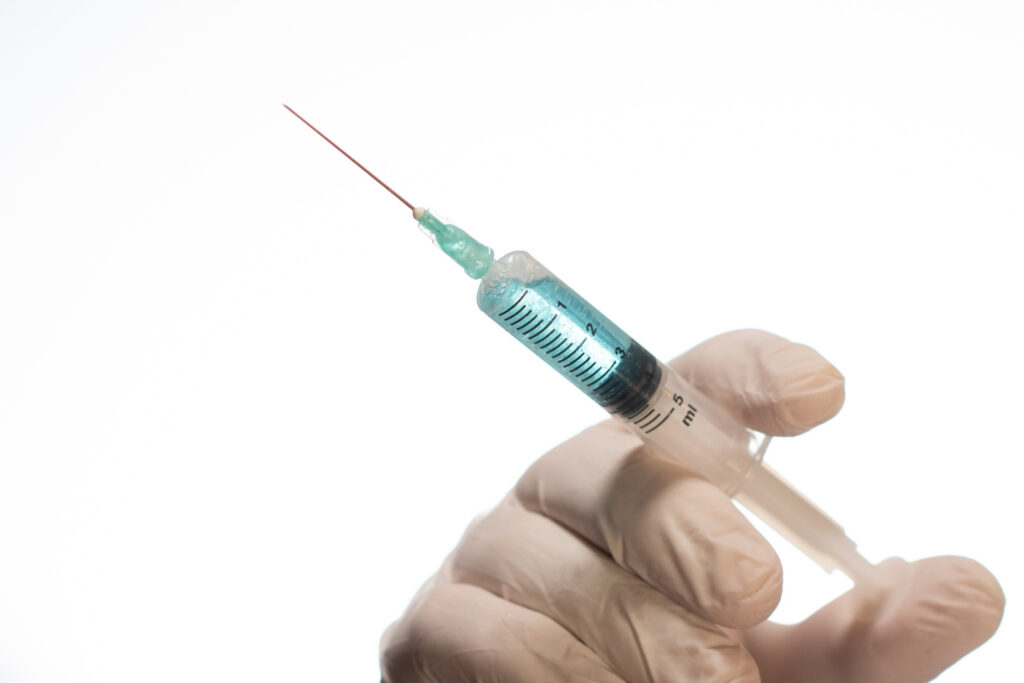
Types of common injections for the treatment of ovarian cyst
Ovarian cyst therapy is extent and type related. In certain cases, physicians utilize injectable drugs or hormone injections to control cyst growth and prevent the formation of new cysts. The injections occur in numerous forms within an expansive variety of classes depending on content and action mechanism:
- Hormonal Injections: Potent Regulators of the Menstrual Cycle
These pills directly affect the body’s hormonal balance and are commonly prescribed to women who have irregular periods or polycystic ovary syndrome (PCOS). Some of the most common hormone pills include:
- Progesterone ampoules (e.g., Depo-Provera)
These ampoules are utilized most commonly in an attempt to control menstruation, inhibit the formation of ovarian cysts, and reduce polycystic ovary syndrome. Progesterone inhibits estrogen synthesis and thus inhibits hyperdevelopment of the follicles.
- Progesterone and estrogen ampoules (e.g., contraceptive injections)
These injections reduce the chances of new cyst formation by stabilizing sex hormones and, in some cases, result in shrinking of the current cysts.
- GnRH agonist ampoules (e.g., leuprolide)
They reduce the levels of ovarian-stimulating hormone (FSH) and (LH) and thereby repress the formation of cysts. This is used mostly for more severe conditions such as endometriosis or hormone-dependent cysts.
- Silent cyst warriors, anti-inflammatory injections
Sometimes chronic inflammation of the ovaries causes the formation of a painful cyst. In such a situation, doctors can give anti-inflammatory injections. Some of these medications are:
- Corticosteroid ampoules (e.g., triamcinolone)
These medications suppress inflammation and can relieve pain in an ovarian cyst.
- Non-steroidal anti-inflammatory and analgesic ampoules (NSAIDs)
Although such medication does not cure cysts, they will destroy pain and inflammation from a cyst.
- Auxiliary ampoules; does combining several methods work better?
Some patients might require hormonal and anti-inflammatory medication. Your physician in such a situation can give an injectable combined therapy with:
- Ovulation-stimulating (HMG) and (HCG) injections
Such drugs are normally given to women with cysts due to deficiency of ovulation.
- Insulin-sensitizing ampoules (injectable metformin)
In women with insulin-resistant polycystic ovary syndrome, metformin can be useful in reducing symptoms and attaining hormonal balance to the maximum extent.
Do injections ever cause side effects? Watch out for these signs!
There is no treatment without complications, and ovarian cyst treatment injections are not the exception. Moderate to extreme side effects can appear in some patients after these drugs are given. We detail the most common potential complications in this chapter.
- Most common side effects you should be aware
Depending upon the nature of ampoule administered, certain side effects follow. The most common of such complications are:
- Menstrual disorders
Irregular bleeding, spotting, or total cessation of menstruation is observed after injection of hormonal injections in some women.
- Weight gain
In progesterone injections as a rule, weight gain is an extremely common side effect following due to metabolic change and increased hunger.
- Nausea and vomiting
Gastrointestinal upset after synthetic hormone injections is seen in some individuals.
- Depression and mood change
Endocrine imbalance may distort the chemical make-up of the brain and hence may lead to a mood change, anxiety, or depression.
- Redness or discomfort at injection site
Redness or discomfort at the injection site is present in some injections, and it is only temporary.
- When should you see your doctor?
Under these circumstances, you must consult with a doctor immediately, if you can:
- Sudden and painful cramping of the belly that begins after the injection and isn’t relieved by pain medicine.
- Unusual or irregular bleeding following the injection, especially ongoing.
- Nausea and vomiting that can cause dehydration or weight loss.
- Signs of blood clotting such as difficulty breathing, swelling, or stabbing pain in the legs.
- Do May injections lead to serious issues?
For certain extremely rare situations, permanent use of hormonal injections is risky, such as:
- Higher risk of blood clots in women with a family history of clotting disorders.
- Thinning of bones, especially in women taking long-term GnRH agonist injections.
- Increased risk of cardiovascular problems while you are giving certain hormones on a permanent basis.
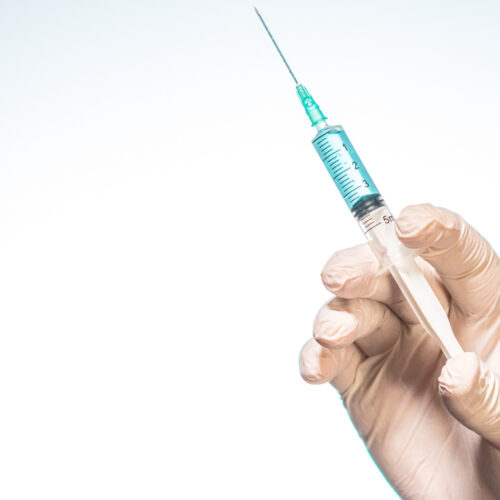
Permanent or temporary treatment? Do injections permanently eliminate cysts?
Among the largest questions in the minds of individuals is whether or not therapeutic injections have the ability to totally destroy ovarian cysts or if the effect will be short-term. This is in what factors, which we will address thoroughly in this section.
- Risk of recurrence of the cyst after treatment
Most of the medical injections, particularly hormonal injections, can lead to shrinking cysts or prevention of new cyst formation. This does not imply that there is no risk of recurrence of the cyst when drug therapy is discontinued.
- Cyst recurrence factors
- Ovarian cyst type
Some cysts such as functional cysts (due to ovulation) are best managed by hormonal control and will not probably recur. In some conditions such as polycystic ovary syndrome (PCOS), the cysts will recur.
- Cause of cysts
If ovarian cysts are due to hormonal imbalance or insulin resistance and are not treated, then it is probable that the cysts will once more recur following a first treatment.
- Lifestyle and Diet
Physical inactivity, stress, and poor dietary intakes cause hormone imbalance and welcome recurrence of the cyst.
- Prevention from Cystic Recurrence
For the sake of preventing opportunities for recurrence of ovarian cysts, it is extremely important to follow the following:
- Dietary requirements
- Fiber intake, for instance, vegetables, fruits, and whole grains for blood glucose regulation
- Refrain from processed foods and saturated fats that interfere with hormonal balance
- Consume healthy protein sources such as fish, poultry, and legumes to help maintain ovarian functioning intact
- Normal Exercise and Weight Maintenance
- Overweight is one of the main reasons ovarian cysts form and recur, especially in women with polycystic ovary syndrome
- Aerobics-type exercise, yoga, and walking will correct insulin and help in balance of hormones.
- Stress and Sleep Regulation
- Hypersecretion of cortisol and endocrine disorder due to chronic stress.
- Meditation training, breathing training, and proper rest (minimum 7-8 hours each night) can decrease the level of stress.
- Doctor’s Preventive Check-ups
- Women who have a history of ovarian cysts should be kept under regular observation by a gynecologist so that cysts do not recur.
Final Thoughts
Injections are a fine way to minimize or vanish ovarian cysts, but not all. But if the cause of the cysts is not examined, they would reappear after a certain period of time. Thus, relying heavily on the injection alone is not enough and one has to include a healthy lifestyle, good diet, and stress management in one’s regimen as well. Lastly, the right treatment process has to be chosen with the help of a specialist in order to deliver the best possible outcome to the subject.
Resources
List of 32 Ovarian Cysts Medications Compared



